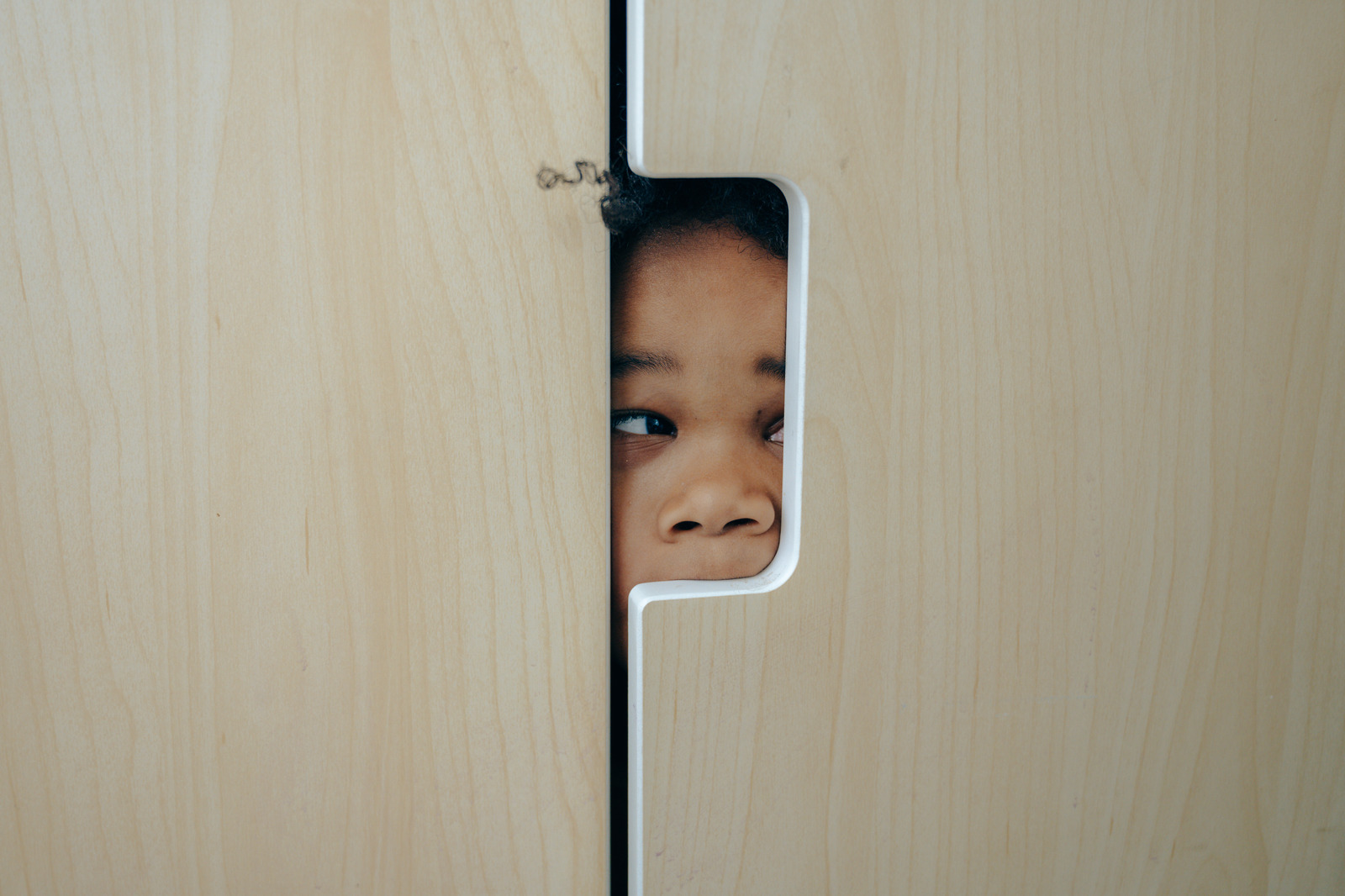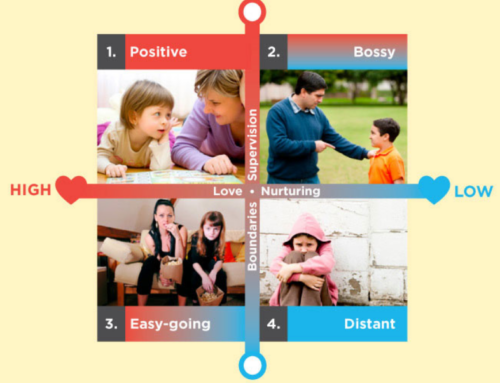Shyness is an important topic during preschool years as social interaction is needed for a young child’s social development. It is also essential for good physical, emotional and intellectual development. Around 15 % of children display shy characteristics and research shows that shyness can be seen from as early as 4 months old, when infants react to new objects or even coos in a distressful manner.
Research shows the causes of shyness come from several factors such as genetics, personality, environmental influences and a lack of social skills. Regardless of the causes of shyness, parents can play an important role in helping their child overcome their shyness and help prevent them growing into a shy and anxious adult.
Most of us have experienced shyness at some stage in our lives, for example, from being a young child introduced to a strange relative who is excited to meet us or to talking to our first crush for the very first time. Shyness makes people feel awkward, uncomfortable and vulnerable in social situations or in a new setting. Shyness may be seen in a number of ways from blushing, trembling hands or knees to a faster heartbeat or simply being overly quiet in others company.
A shy child will cling to their parents, are afraid of new people or social situations. They will not want to take part in group activities but would rather watch instead. We can all picture the shy 4 year old child clinging to their parent’s leg, peering out from behind their safety net and waiting until they feel comfortable to step out into the new social situation.
As the new school year is less than a fortnight away this is an example of a new social situation your shy preschool child will be afraid of. Parents hope for their child to be comfortable in this new social situation, along with all social situations and to make friends easily. Shyness can make it difficult for children to take part in social interactions and develop friendships.
Below are ways to help a shy child overcome their fear:
- A shy child will learn how to best interact socially with a small groups of friends or children they know by playing games that have clear rules or instructions, for example, playing hide or seek or football. This will help make them feel comfortable and confident in playing the familiar game allowing them to enjoy and focus on the social interactions.
- Place your child in a small group of younger children or with an older child who is sensitive and caring. This can help a shy child become more involved in small group activities and can sometimes boost their confidence.
- Teach your child basic social skills of entering a social situation, for example, by role playing turn taking or group entry skills. You could say “Hi, my name is… What is your name? “Can I join in? or Can I play too”? Knowing basic social skills and what to say will increase your child’s self-confidence and create a sense of comfort when they enter new social situations.
- Allow your child to set their own pace in a new social situation. It is best not to force your child as this will make the child want to avoid the situation immediately and socially withdraw even further. Beforehand, talk to your child in detail about what will be involved in the new social situation. For example, what will likely happen and what your child will be doing.
- Model confident friendly behaviour to your child. As children do what we do rather than do what we say, it is important to show your child positive examples of how to interact socially in a friendly, pleasant and outgoing manner.
- Help build your child’s self- esteem and increase their confidence. This is one of the most effective ways to help a preschool child overcoming shyness. If you would like more information on this topic check out our previous blog ‘3 ways to build your child’s self esteem here.
As it is important to know how to help your shy child it is just as important to know what not to do when interacting with your shy child. Some examples include: try not to show your frustration to your child as this will cause them to lose their self-esteem and try not to label your child as shy, as they will believe and act like this and live their lives wearing this hat.
Overall, it is important to remember that every child is different. Some children are quieter and more cautious whereas as others are more outgoing and adventurous. It is also important to remember some shyness is healthy and normal and that being shy will not necessary be a barrier to success. Even Albert Einstein was a shy child! Shy children are very sensitive and particularly sensitive about how to interact with others.
Parents of shy children can help them overcome their shyness by following the above suggestions along with being supportive and patient with your child. One of the greatest gifts a parent can give a shy child is to show love, understanding, and encouragement to help them overcome their shyness and enjoy new social interactions, make friends and live their lives to their full potential rather than watching from the sidelines. More information on shyness is available in Issue 54 of the Growing Child Magazine.








